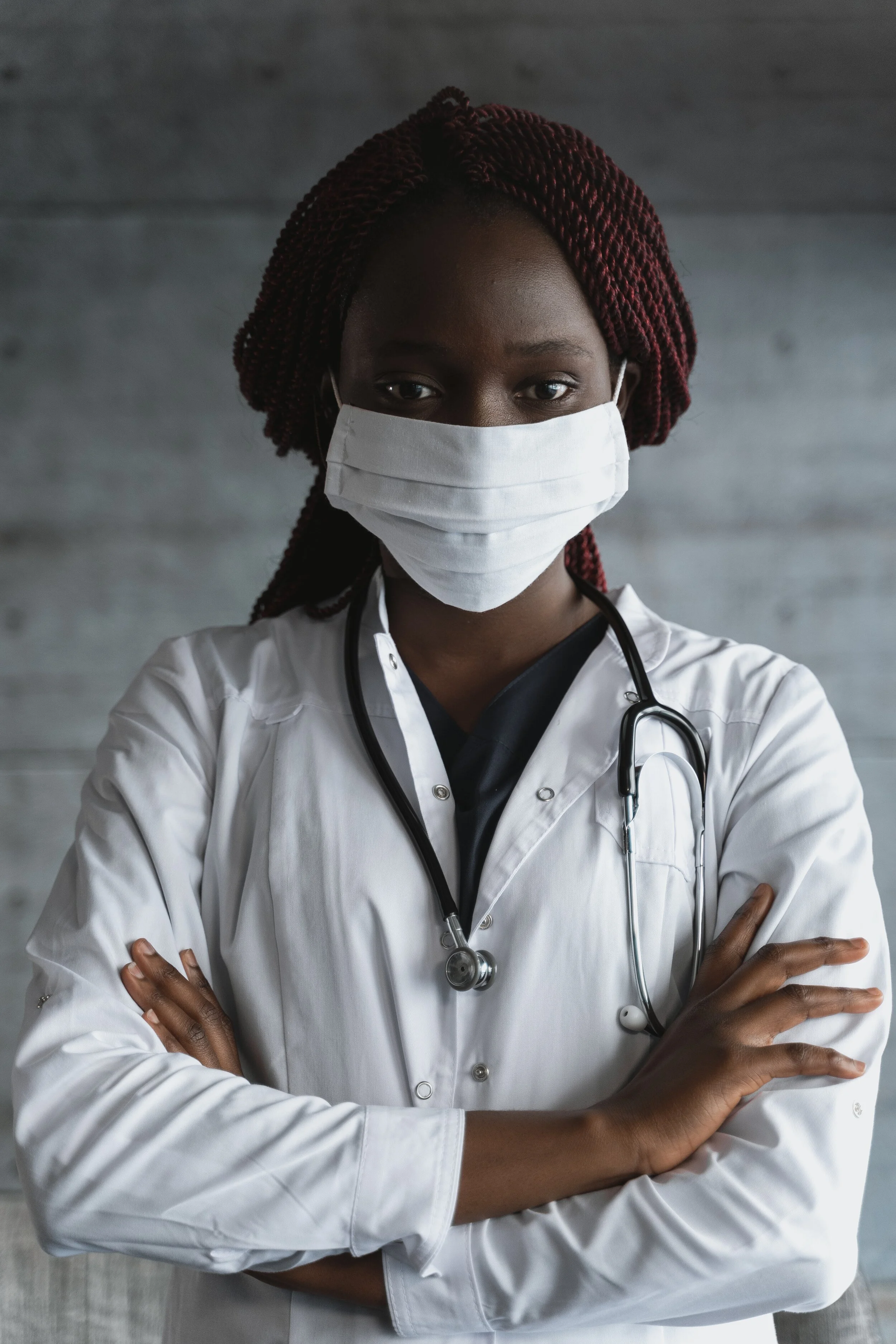Cancer Insurance
Why do I need Cancer Insurance?
Cancer can strike anyone, anywhere, at any time. Cancer is the second most common cause of death in the US, exceeded only by heart disease, accounting for nearly 1 of every 4 deaths*. In the U.S., men have about a 1 in 2-lifetime risk of developing cancer, and for women, the risk is a little more than 1 in 3.
A cancer diagnosis can be a life-changing event, and cancer treatment may result in expenses beyond medical care that you never even anticipated, for example...
Transportation, lodging, and food bills associated with traveling for treatment,
Childcare and household help,
Continuing expenses such as groceries, car payments, mortgage or rent, and utility bills.
Your regular expenses continue whether or not you are able to work. If a family member has to stop working to take care of you, the loss of income may be doubled. The American Cancer Society estimates the following new cancer cases in 2012*:
1,638,910 total new diagnoses
226,870 of invasive breast cancer among women
226,160 of lung cancer
241,740 of prostate cancer
12,060 among children aged 0 to 14 years
How we can help:
Our cancer insurance policies can provide you and your family members with peace of mind by paying cash benefits to help cover expenses that aren't covered by your major medical insurance.
If you are diagnosed with cancer, we pay an initial diagnosis benefit which can help protect you and your family from financial hardship. We pay benefits directly to you unless assigned. You use the cash however you decide.
In addition, our cancer insurance will continue to pay benefits when you begin cancer treatment. Cash benefits are paid if you receive the following services:
Hospital confinement, physician's attendance and nursing services.
Radiation, chemotherapy and immunotherapy.
Bone marrow transplant, and surgical services.
Airfare, hotel, and mileage.
Ambulance, blood and plasma.
Dread disease treatment.
And more.
*Source, American Cancer Society, Cancer Facts & Figures 2011
The good news is certain changes in behavior, for example quitting smoking, eliminating heavy drinking, eating a healthy diet and being physically active may help prevent cancer completely. Other factors, such as inherited conditions, however, may make you more susceptible to cancer.
More people who are diagnosed with cancer are surviving. The 5-year relative survival rate for all cancers diagnosed between 2001 and 2007 is 67%, up from 49% in 1975-1977. This is directly due to earlier detection and improvements in treatment.


